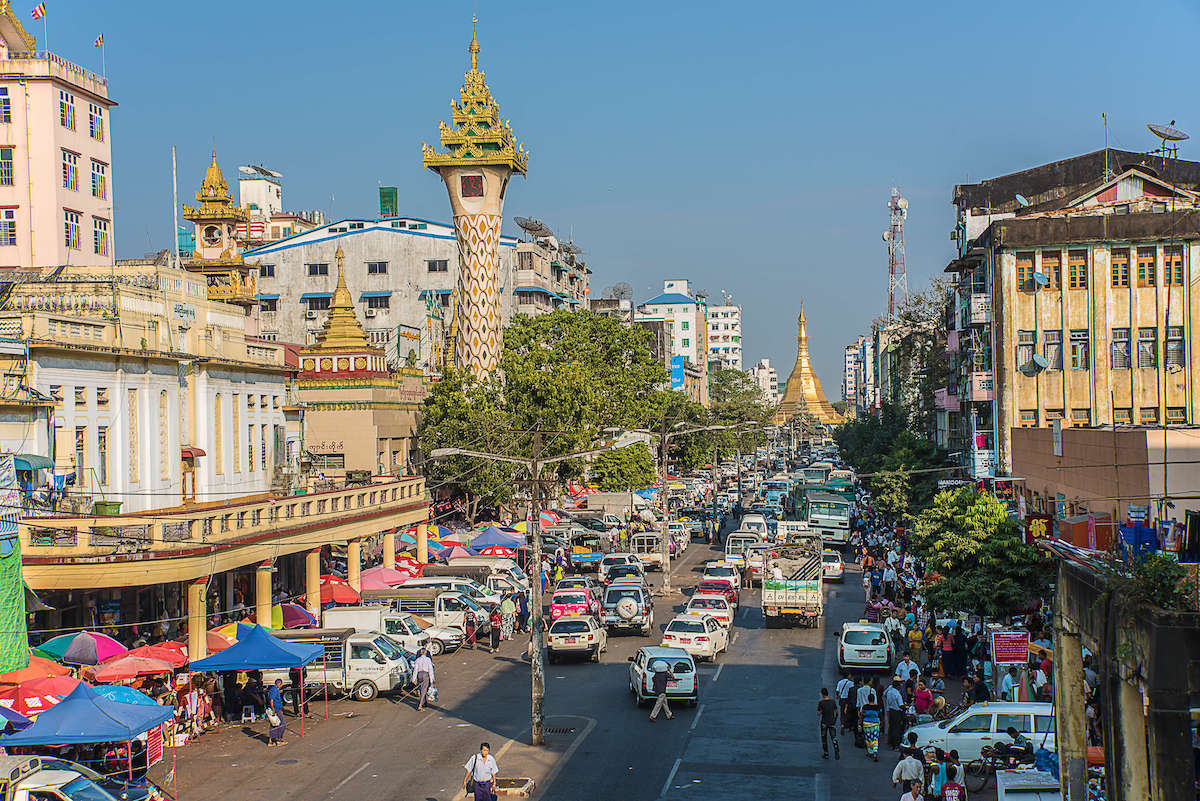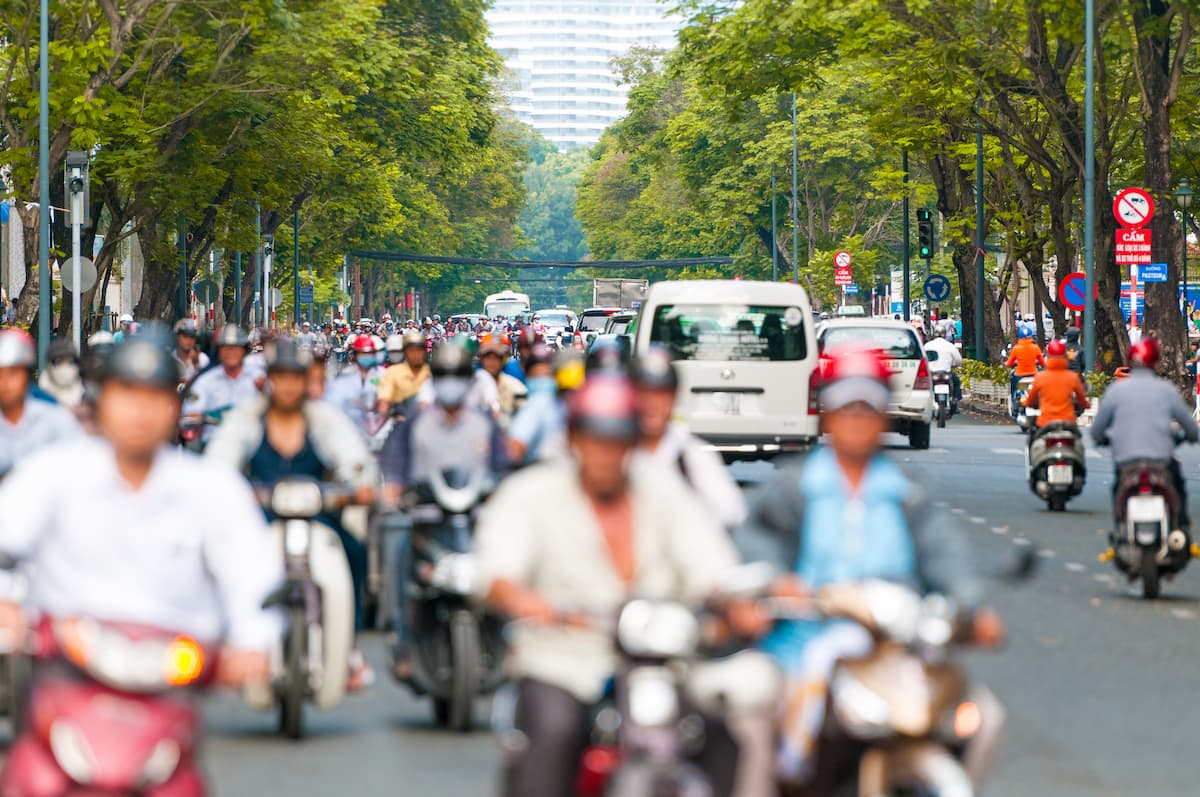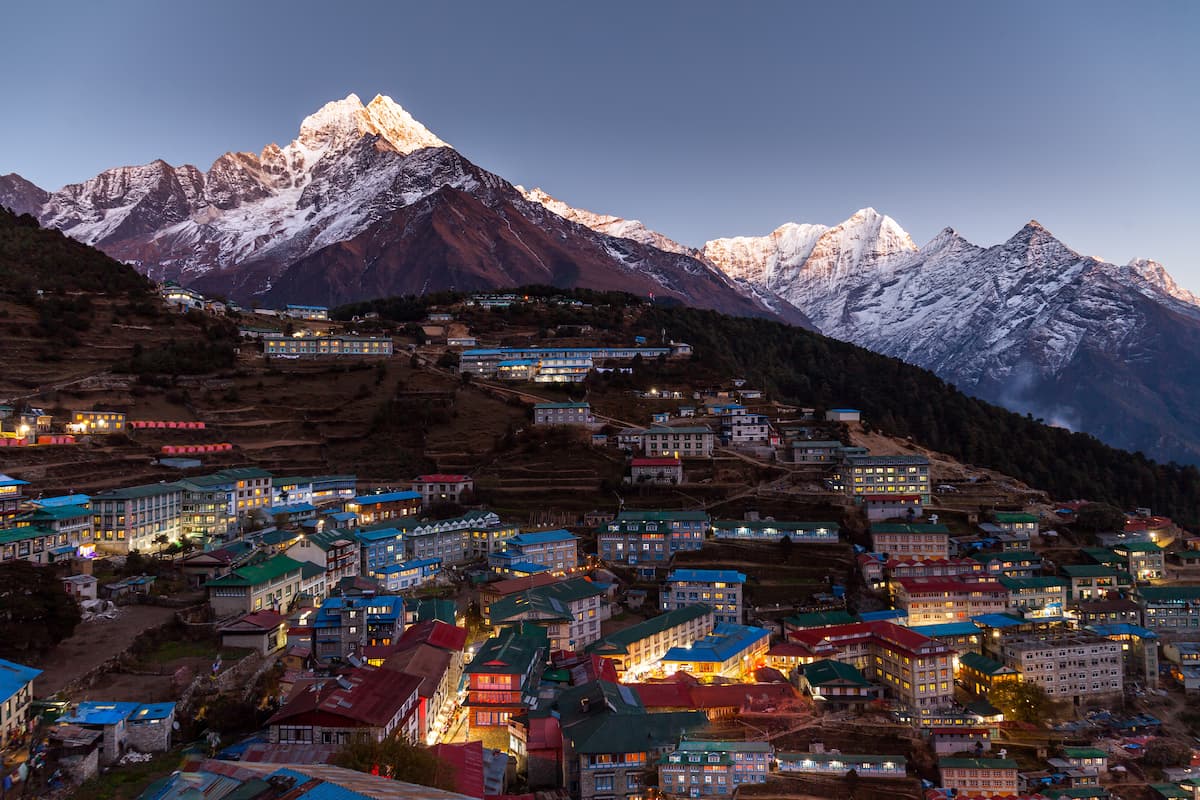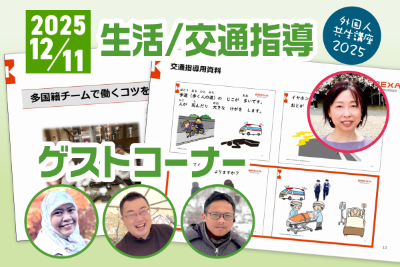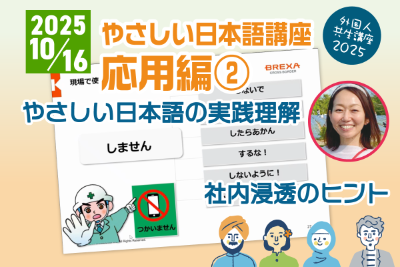- やさしい日本語
- ひらがなをつける
- Language
We provide multilingual content through machine translation. Translation accuracy is not 100%. About the multilingualization of the JAC website
- About JAC
- JAC Membership Information
- Specified Skilled Worker Acceptance
- Specified Skilled Worker Overview of the system
- 10 Mandatory Assistance for Foreigners
- Online individual consultation
- Seminar on Coexistence with Foreign Nationals
- Leading examples of host companies
- Case studies collection "Visionista"
- Foreigner's Voice
- Foreign Resident Acceptance Manual / Q&A
- Useful column "JAC Magazine"
- Acceptance support services
- Specified Skills Acceptance Support Service
- Skills improvement support
- Online Special Education
- Skill training
- Japanese Language Course
- Education and Training Support
- Subsidy system for obtaining qualifications
- Support for creating a comfortable workplace
- Temporary Return Support
- CCUS charge support
- Support system for promoting the accumulation of employment history
- Post-acceptance training
- Compensation system for Specified Skilled Worker (i)
- Daily life support
- Medical interpretation support
- Support for daily life problems
- freeJob matching
- The Specified Skills Evaluation Exam
- Home
- JAC Magazine
- Working with foreign workers
- What is the national character of Myanmar? Introducing their personality and communication tips!
- Home
- JAC Magazine
- Working with foreign workers
- What is the national character of Myanmar? Introducing their personality and communication tips!

What is the national character of Myanmar? Introducing their personality and communication tips!
I wrote the article!
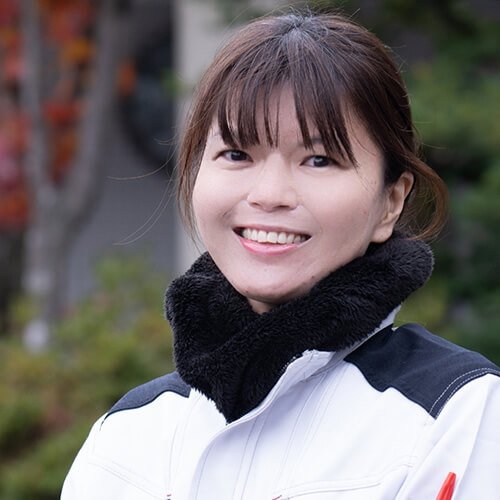
(One company) Japan Association for Construction Human Resources
Chief of Research and Development Department / Administration Department / Public Relations Department
Motoko Kano
(Kano Motoko)
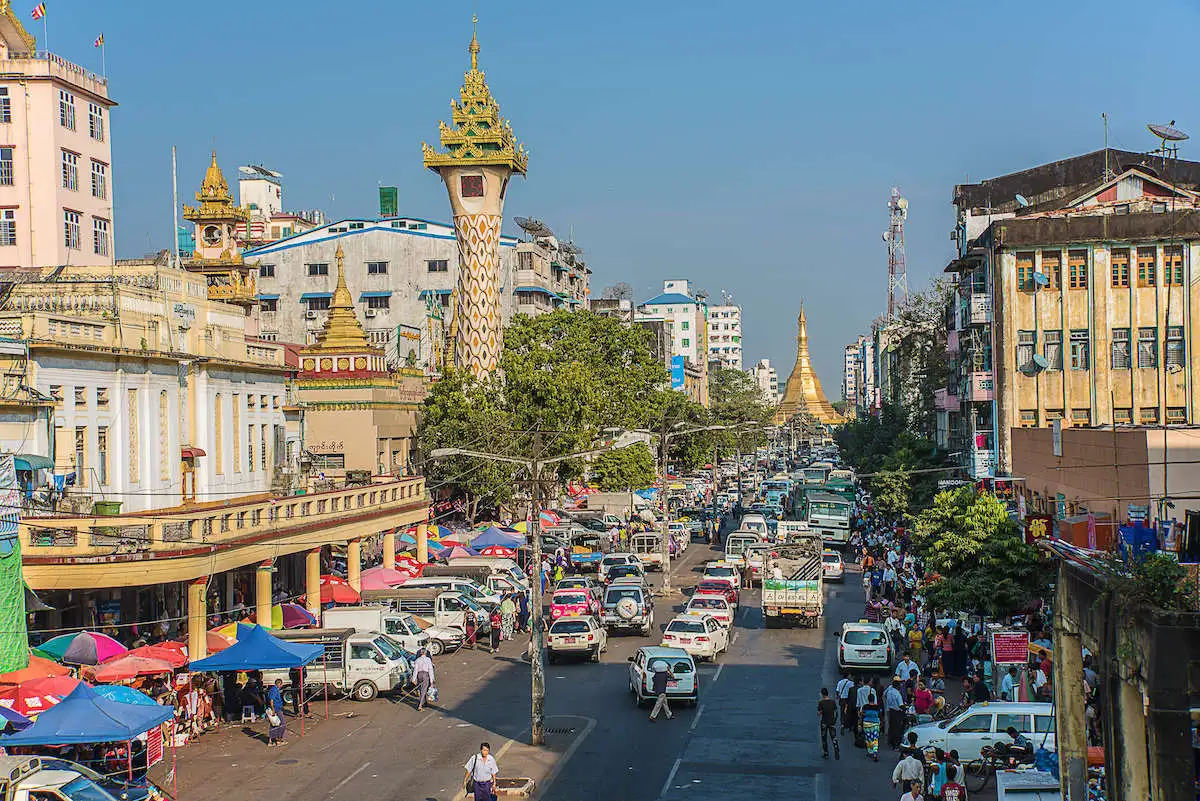
Hello, this is Kano from JAC (Japan Association for Construction Human Resources).
Myanmar is a predominantly Buddhist country in Southeast Asia.
Japanese language schools have been established all over Myanmar, and the country is in fact experiencing an unprecedented Japanese language boom.
In recent years, the number of young people hoping to work in Japan has been increasing.
This time, we will explain in detail about the national character of Myanmar.
We will introduce each country's characteristics and communication tips, so please use this as a reference.
What kind of country is Myanmar?
Myanmar is a multi-ethnic country located in the western part of the Indochina Peninsula in Southeast Asia.
Its area is approximately 1.8 times that of Japan, and its population is approximately 54.17 million (as of 2022).
The country's name used to be "Burma", but was changed to "Myanmar" in 1989.
The capital was changed from Yangon to Naypyidaw in 2006.
Yangon remains Myanmar's largest city today.
It is a multi-ethnic country with 135 different ethnic groups, of which about 90% are Buddhist.
Myanmar Buddhism is characterized by its strict adherence to precepts and deep respect for monks in particular.
The official language is Burmese (Myanmar), which is the common language of 135 ethnic groups.
Its grammar is similar to that of Japanese, and with the establishment of Japanese language schools all over the country, many people in Myanmar are studying Japanese.
Due to political instability caused by military coups and other events, wage levels are currently among the lowest in Asia.
As the domestic turmoil continues, more and more people are seeking employment abroad.
Myanmar's three major public holidays
Myanmar's major holidays「水かけ祭り(Thingyan Festival)」「カソン満月(Full Moon Day of Kasone)」「ダディンジュ満月(Full Moon Day of Thadingyut)」.
All of them have their origins in Buddhism.
水かけ祭り(Thingyan Festival)
「水かけ祭り」is Myanmar's biggest public holiday, held every year from April 13th to 16th.
In Myanmar, April 17th is what corresponds to New Year's Day in Japan, and by pouring water before that day, it is meant to wash away the misfortune and impurities of the year and to welcome the New Year on April 17th.
Unlike in Japan, there is no special celebration on January 1st, and work and school go on as usual.
カソン満月(Full Moon Day of Kasone)
「カソン満月」It is said to be the day when Buddha attained enlightenment under the Bodhi tree, and is held every year on the full moon day in May.
This ceremony celebrates the birth, death and enlightenment of Buddha and involves pouring holy water on the Bodhi tree.
ダディンジュ満月(Full Moon Day of Thadingyut)
「ダディンジュ満月」teeth雨安吾(UANGO) It is a day to celebrate the end of the lunar calendar, and is held every year on the full moon day in October.
雨安吾 This term refers to monks stopping their outdoor training to train in temples during the rainy season.
Candles and lanterns are lit at the entrances and on the verandas of homes and festivals are held to light the path of Buddha's feet as he returns to earth after preaching in heaven.
This is a holiday that many Myanmar people spend with their families.
If you have staff from Myanmar in your workplace, be aware that they may need to return home temporarily during the holidays mentioned above.
What are the personalities and values of Myanmar people? Learn about their national character
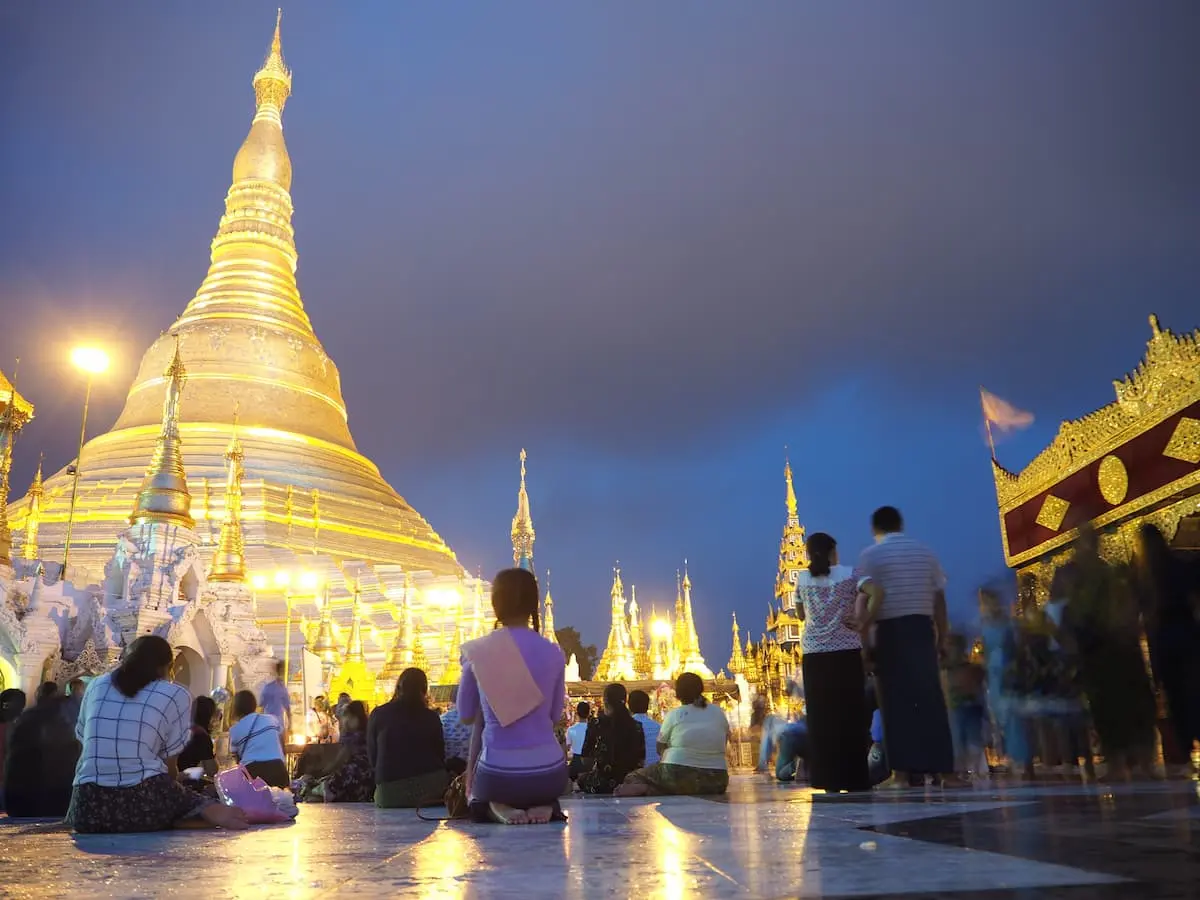
It is said that the people of Myanmar are very kind and many will help those in need.
Since it is based on the Buddhist idea of reincarnation, there is a strong tendency to willingly lend a helping hand to those in need.
Because of this mindset, many people tend to be generally willing to take on requests.
Additionally, many people respect their elders and are considerate.
Because they place great importance on their family and friends, any teasing language, even as a joke, is strictly forbidden.
One area where values differ greatly from those of Japanese people is when it comes to greetings.
In Myanmar, there is no native word for greetings, so there is not much of a greeting custom.
One thing that Japanese people are particularly surprised by is that there is no custom of expressing gratitude to someone who has shared a meal with you and paid for the entire bill.
This comes from the fact that Myanmar people take the initiative in donating.
Donating is considered a virtuous act, and Myanmar people are quick to give.
People rarely express gratitude because of the underlying belief that "it is natural for those with money to pay" and "the act of paying money is a virtuous act for that person, so there is no need to express gratitude."
This may be a surprising way of thinking for Japanese people.
In addition, many Myanmar people believe that men should act masculine and women should act feminine.
For this reason, it is said that many women in particular are modest and shy.
In Japan, people are often instructed to make eye contact with the other person when speaking, but some Myanmar people consider this to be rude, which is a difference from Japan.
Although there are differences in culture and thinking in Myanmar, Myanmar is said to be one of the most pro-Japanese countries in Southeast Asia, with many people who like Japan.
The personalities of Myanmar people are similar to those of Japanese people in many ways, so it will be easy to communicate with them in the workplace.
In addition to Myanmar, we also introduce the national characteristics of Indonesia, the Philippines, and Vietnam, so please feel free to use it as a reference.
What is the Thai national character? Introducing their personality and communication tips!
What is the Nepalese national character like? Introducing their personality and communication tips!
What is the Vietnamese national character? Introducing their personality and communication tips!
What is the Filipino national character? Introducing their personality and communication tips!
What is the Indonesian national character? Introducing their personality and communication tips!
How to work smoothly with staff from Myanmar
In order to work smoothly with staff from Myanmar, there are three things to keep in mind when communicating with them.
It is a good idea to share this information within your company before you start working with your Myanmar staff.
① Don't scold harshly
The first thing is not to scold them harshly.
Myanmar people are considered to be "honorable for being gentle," and are rarely scolded.
Therefore, most people are not used to being scolded.
If you scold someone harshly, it will be a big shock, so when pointing out a mistake, make sure to communicate in a calm and easy-to-understand manner.
② Make sure you are not overdoing it
The second thing is to make sure they are not pushing themselves too hard and be considerate.
It is said that many Myanmar people never refuse a request.
They also have a strong tendency to faithfully carry out what they are told, which can sometimes lead to them taking on too much work.
As Japanese people are not particularly assertive, some people find it difficult to speak up about their worries or problems.
It will be easier to answer if you find out if they have any worries or concerns.
It's a good idea to check if they are pushing themselves too hard and follow up.
③Speak in easy-to-understand Japanese
The third is to use easy-to-understand Japanese.
Many people in Myanmar are learning Japanese, but the dialect and abbreviations can be difficult.
Also, the technical terms used in the workplace may be unfamiliar to you, so it will be smoother if you pick out easy-to-understand expressions in advance.
You should be especially careful with Japanese-English expressions, which are unique to Japan and cannot be understood by foreigners.
For example, some Japanese English words include the following:
| Japanese English | English |
|---|---|
| ノートパソコン | ラップトップ |
| タッチパネル | タッチスクリーン |
| コンセント | アウトレット |
| ホチキス | ステープラー |
Summary: The national character of Myanmar people is gentle and hardworking. Let's understand the differences in values.
Myanmar is a country where the majority of people are Buddhist, and the people are compassionate, gentle, and tend to do what they are told.
There are some things that Chinese people can relate to, and since it is a pro-Japanese country, it is said that they get along well with Japanese people.
Although there is a difference in that there are no greetings, grammar is similar to Japanese, so people tend to learn Japanese quickly.
You may need to return home temporarily in April, when Burmese people celebrate the New Year, and in October, when families often gather for the Thaddingyut full moon festival.
When working together, it would be good to build a good relationship by being mindful of not scolding them harshly and making sure they are not pushing themselves too hard.
One of the employment types for Myanmar people is Specified Skills.
This is a status of residence that requires certain skills and Japanese language ability, so companies looking for immediate personnel should definitely consider this.
"Getting to Know Myanmar" course for Japanese people living together with foreigners held!
JAC holds a "Lecture on Coexistence with Foreigners" with the aim of "Understanding how to work smoothly with foreign staff!"
The third lecture on coexistence with foreigners will be held on December 14, 2023, and will be titled "Lecture on Coexistence with Foreigners (Myanmar)" (lecturer: Nonoyama Naoki).
In addition to introducing Myanmar's history, national character, and food culture, the seminar also explained things to be aware of and things to keep in mind when hosting a Myanmar person.
Participating companies asked questions about the national character explained in this article and about migrant work.
Q: Besides Japan, what other countries do people from Myanmar go to for work?
→ Compared to Japan, there is no need to learn the language, so there are many from Thailand, Malaysia, and Singapore. However, there are also areas where you can earn much more in Japan, and there is a boom in Japanese language education there.
Q: What kind of ideology do most young people who come to Japan for training have? I'm worried that if multiple people are employed, problems will arise due to differences in ideology.
→ My thoughts on Buddhism haven't changed. I tend to be lonely, and I think there's more harmony if there are multiple people.
Q: Are there any cases of trouble specific to Myanmar people?
→ They are a little timid and proud, and there are cases where they become depressed when they are scolded in public. Also, because home appliances are not widespread, they need education on home appliances, such as when they did not know how to use a microwave and ended up heating up a stainless steel product.
Q: Outside of work, are there many people who would like to actively participate in company events?
→ Many people are eager to participate. Since Japan is a country with little entertainment, they will likely be happy to participate in company events and other new experiences.
Seminar videos, materials, answers to questions, etc. Missed lecture on coexistence with foreigners: streaming and materials" can be viewed at
If you were unable to attend, please be sure to check it out.
Here are some comments about the course:
- The characteristics of each country were explained in a very easy-to-understand manner, and I was able to fully understand them.
- It was interesting to learn more about a country that is usually hard to find information about.
- I will be Technical Intern Training from Myanmar next year, so it was very helpful
- It was clear and I was able to get information other than what I had searched online.
In addition to the Myanmar Symbiosis Course, we will also hold a course on Indonesia, the Philippines, Vietnam, Nepal, and Thailand!
If you're considering accepting Specified Skilled Worker from the countries listed above, be sure to check it out.
We will continue to hold useful seminars according to your needs!
[Online free course] It's hard to get along with foreign employees! What do we do??
If you are a company that is considering accepting Specified Skilled Worker in the construction industry, please feel free to contact JAC!
*This article is based on information as of January 2024.
The author of this article

(One company) Japan Association for Construction Human Resources
Chief of Research and Development Department / Administration Department / Public Relations Department
Motoko Kano
(Kano Motoko)
Born in Aichi Prefecture.
He is in charge of public relations, research and investigation, and is the person behind social media.
We update our social media accounts daily with the desire to make people fall in love with Japan, to spread the appeal of construction from Japan to the world, and to ensure that Japan's construction industry continues to be the industry of choice around the world.
He is also engaged in research into the feasibility of implementing skills evaluation exam in Asian countries, and is conducting interviews with local organizations in each country.
Related articles

What is the Japanese level of Specified Skilled Worker? Precautions and measures after acceptance

Things to know when working with Muslim employees in a Japanese company

What is the obligation to notify the employment status of foreigners? Foreign workers who must be notified and how to apply
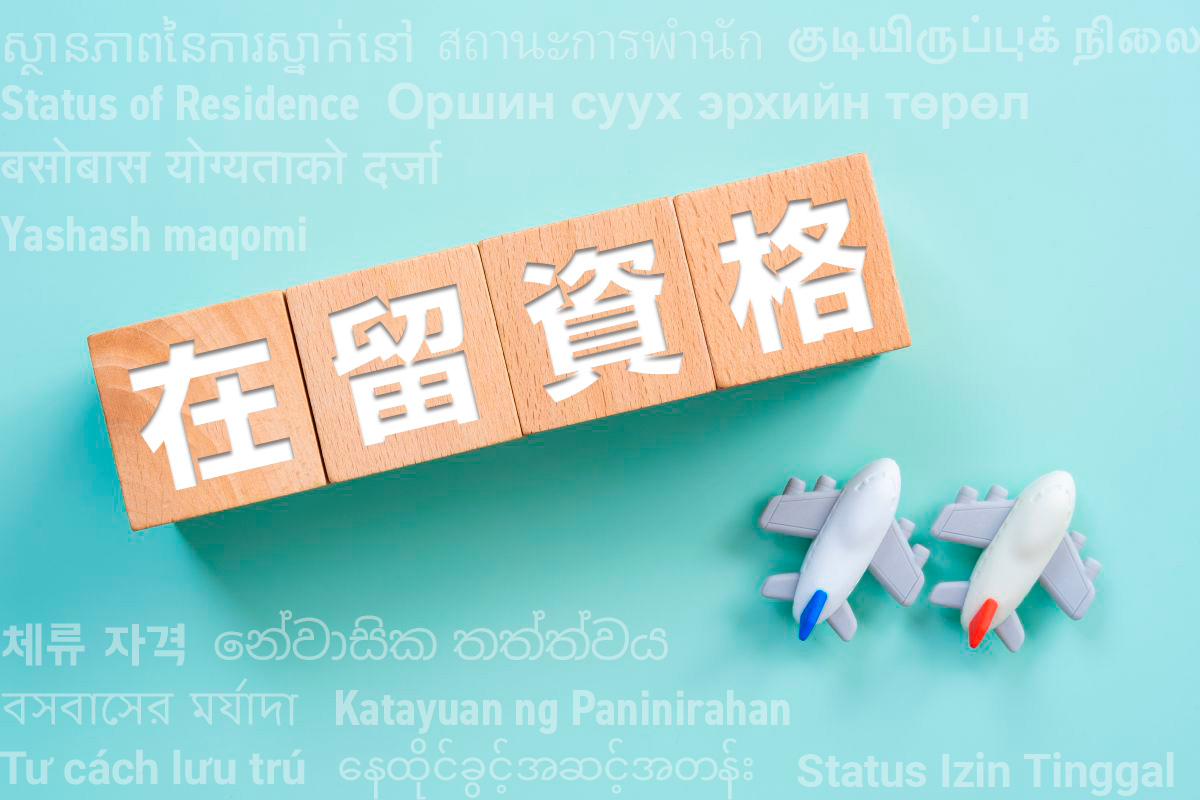
What is the status of residence that allows you to work? Explaining the types, how to obtain it, and more!







